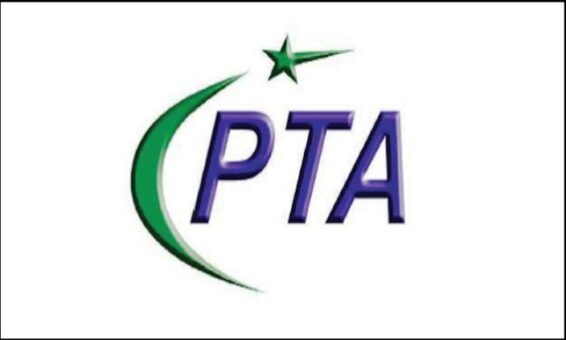The Pakistan Telecommunication Authority (PTA) issued a stern warning on Sunday, cautioning internet users of severe penalties, including death, for blasphemy.
The authority cited Section 295 C of the Pakistan Penal Code (PPC), which explicitly outlines the punishment of death or life imprisonment along with fines for derogatory remarks against Holy Prophet Muhammad (Peace Be Upon Him) and other Holy Prophets.
In a public advisory, the PTA emphasized that uploading, sharing, and propagating sacrilegious or blasphemous content on the internet, social media, instant messaging applications, and other platforms is strictly prohibited under Pakistani law. Such offenses attract harsh penalties, including imprisonment of up to 10 years or fines or both under Section 295A of the PPC, which pertains to outraging religious feelings.
Additionally, Section 295B of the PPC imposes the penalty of imprisonment for life for the defilement of the Holy Quran. The PTA, in its statement, also highlighted the consequences outlined in Sections 298, 298A, and 298B, which prescribe punishment of up to three years imprisonment, fines, or both for offenses related to the intent to harm religious feelings and making derogatory remarks against Holy Personalities.
The PTA clarified that, in accordance with Section 37 of the Pakistan Electronic Crimes Act (PECA), social media and internet users are encouraged to report unlawful online content. The authority urged individuals to bring such content to the attention of respective social media platforms or directly report it to the PTA.
This advisory comes as part of the ongoing efforts by the Pakistani government to curb blasphemy and sacrilegious content online. The announcement serves as a stark reminder of the legal consequences for individuals found guilty of violating these laws, which are designed to protect religious sentiments and maintain societal harmony.
The PTA’s emphasis on the reporting mechanism aligns with the regulatory approach to manage online content deemed offensive or illegal. By encouraging users to report violations directly, the authority aims to involve the public in ensuring a safer online environment and promptly addressing potential issues related to blasphemy or religious sensitivity.
As this warning is disseminated, it is likely to spark discussions about the delicate balance between freedom of expression and the need to uphold religious values within the legal framework of Pakistan. The PTA’s proactive stance indicates the government’s commitment to enforcing existing laws while leveraging community engagement to address concerns related to online content.
